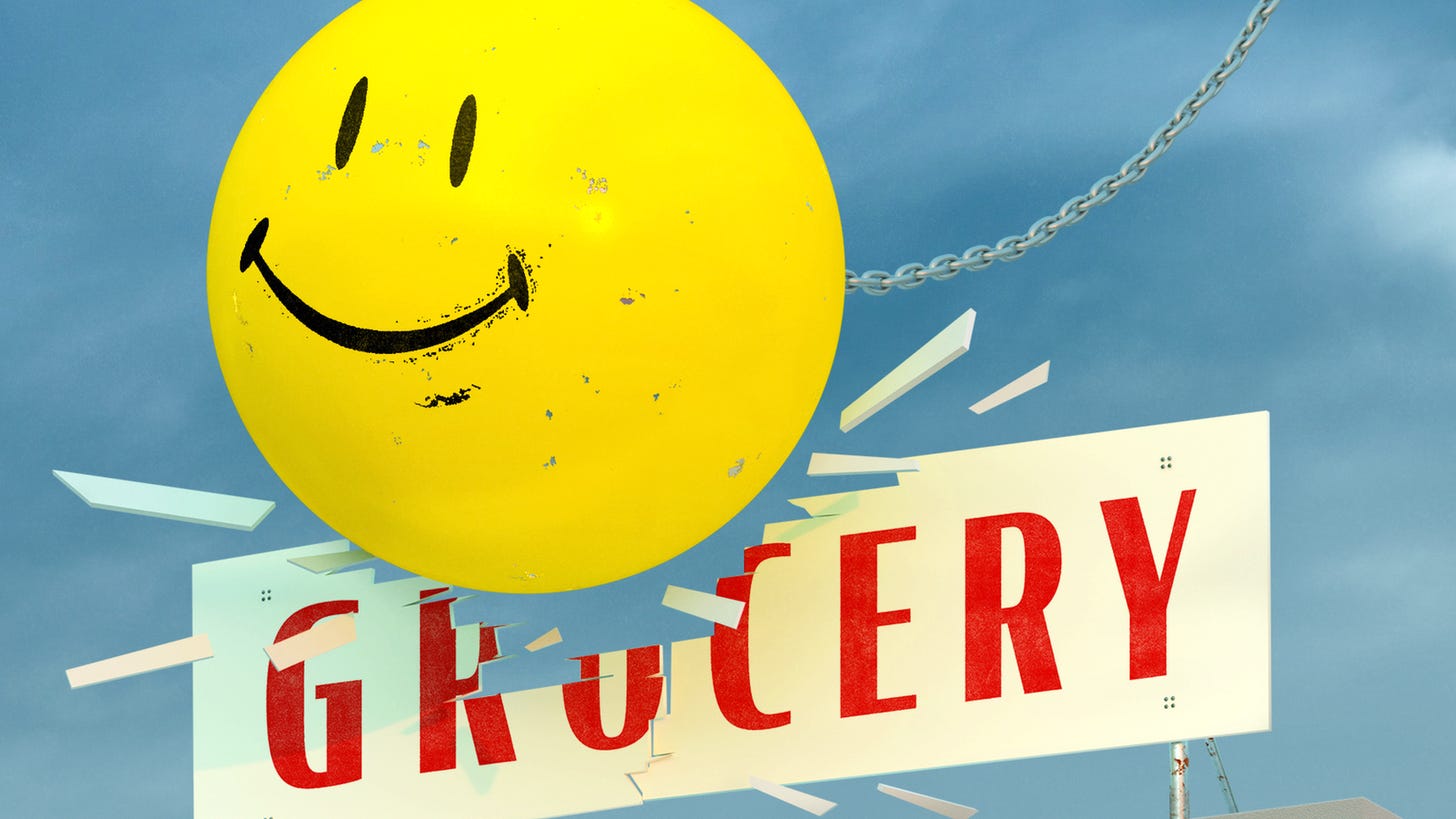Welcome to The Aftergrad Weekly, a curated media bundle to keep you informed, inspired, and entertained. Every Tuesday, we share a selection of articles, something to watch, an interesting quote, and links worth consuming.
The other day I went into my Notes app and read a journal entry I wrote almost a year ago. I wouldn’t say that I have a consistent journaling practice, but reading the entry made me grateful for the brief moment I took to capture how I was feeling. It gave me the ability to work through a situation that was frustrating me, then and now. I think we should get in the habit of documenting our lives — not in the sense of snapping mirror selfies before every outing or obsessively taking videos of intimate moments, even though many find this practice helpful and necessary. What I mean is actively recording our thoughts and emotions in real-time in order to leave our future selves something like a manual on how we changed, evolved, and persevered.
— Robert
AND I QUOTE
“The ultimate touchstone of friendship is not improvement, neither of the other nor of the self, the ultimate touchstone is witness, the privilege of having been seen by someone and the equal privilege of being granted the sight of the essence of another, to have walked with them, and sometimes just to have accompanied them for however brief a span, on a journey impossible to accomplish alone.”
— David Whyte
QUIZ
On the Future of Work with Insights from the World Economic Forum
Check if you got the right answer by scrolling to the bottom of the newsletter where we share some additional insights on this trend.
RECOMMENDED READING
The Real Reason Your Groceries Are Getting So Expensive by Stacy Mitchell via The New York Times
If you’ve made a grocery run in the past month or so, then you’re probably asking yourself why the prices suddenly went back up for the umpteenth time. Aside from inflation which has dropped significantly in comparison to last year, there are a number of factors impacting our wallets at the checkout counter.
Like other independent grocers, Food Fresh buys through large national wholesalers that purchase goods by the truckload, achieving the same volume efficiencies the big chains do. What accounts for the difference in price is not efficiency but raw market power. Major grocery suppliers, including Kraft Heinz, General Mills and Clorox, rely on Walmart for more than 20 percent of their sales. So when Walmart demands special deals, suppliers can’t say no. And as suppliers cut special deals for Walmart and other large chains, they make up for the lost revenue by charging smaller retailers even more, something economists refer to as the water bed effect.
This isn’t competition. It’s big retailers exploiting their financial control over suppliers to hobble smaller competitors. Our failure to put a stop to it has warped our entire food system. It has driven independent grocers out of business and created food deserts. It has spurred consolidation among food processors, which has slashed the share of food dollars going to farmers and created dangerous bottlenecks in the production of meat and other essentials. And in a perverse twist, it has raised food prices for everyone, no matter where you shop.
Read the full article here.
RECOMMENDED READING
How the Pandemic Messed With Our Perception of Time by Oshan Jarow via Vox
Are we the only ones forgetting what we had for breakfast? It feels like we’re losing our sense of time as we continue to be bombarded with news, headlines, and information.
The “creation” of memory doesn’t only influence what we remember, it influences our sense of time’s duration too. Having more memories available for recall can stretch our sense of how much time has passed, while our moods and emotions can tune the richness of what we remember up or down.
This all means news, current events, and the technologies that convey them (like the internet) can influence our perception of time passing slowly or quickly, by influencing how strongly we remember things.
Read the full article here.
RECOMMENDED VIEWING
Poisoned: The Dirty Truth About Your Food on Netflix
The CDC estimates that 48 million people get sick, 128,000 are hospitalized, and 3,000 die from foodborne diseases each year in the United States. Netflix’s latest documentary examines how harmful contaminants like E. coli, salmonella, and toxic chemicals end up in our food and challenges the notion that the United States has the safest food industry in the world.
DEAR AFTERGRAD
An Advice Column
Dear Aftergrad is an advice column for recent grads and young professionals on work, careers, and adulting — from us and fellow aftergrads. Got a crazy confession about adulting? Looking for advice on navigating postgrad life? Let us offer you our two cents. Submit your stories, questions, or dilemmas via our Dear Aftergrad Submission Form for a chance to have them featured in a future episode or newsletter. You can also DM us on Instagram, write us an email at theaftergradpodcast@gmail.com, or comment on this post.
As we prepare for our third season, we’re hoping to gather submissions from you, recent grads, and young professionals to feature in the column and on upcoming episodes of the podcast. See above for examples from past columns. Our hope is that some of you might be willing to share an experience from your postgrad journey with us and maybe even respond to some of the submissions from fellow aftergrads.
PERSONAL NEWS
loveall by Robert Cain
About a month ago, I launched a personal Substack to give a home for writing I plan to publish in the future. One of the first pieces I shared was an opinion essay on how I broke the academic policy at my alma mater and why I would do it again. Give it a read if you have the time and subscribe to be notified when I share more of my opinions. — Robert
LINKS WORTH CONSUMING
For the week of August 7, 2023
🏃🏽 Poet and Philosopher David Whyte on Fulfillment Beyond the Limiting Notion of Work/Life Balance
👩🏾💻 A Project of One’s Own by Paul Graham is an essay that highlights the differences between working on a project of one’s own and ordinary labor — and why we should strive to maximize the time we spend on the former.
🌳 The Rediscovery Of Circadian Rhythms
⏰ Time Zone Protocols is a space-time for unmapping the imperialist global time colonization project utilizing Black Quantum Futurism tools and practices.
🏦 What the highest interest rates in 16 years mean for you
💰 Colleges Spend Like There’s No Tomorrow
✅ Irregular Hours is a company dedicated to transforming the professional lives of Gen Zs and revolutionizing work culture. They just released their Career Archetype Quiz, which you can take on their website.
👼🏼 A Manifesto by Marley Dias — 10 rules for enacting change through your inner child
Subscribe to The Aftergrad Newsletter for free to receive these roundups, advice columns from Dear Aftergrad, essays on Postgrad Diary, and much more directly in your inbox.
Until next time,
Your fellow aftergrads, Robert & Victoria
P.S. See below for some additional media we’ve been consuming. And don’t forget to read the brief explainer for the quiz we shared.
The correct answer is C — 60%. According to the World Economic Forum’s 2023 Future of Jobs Report, six in 10 workers will require training before 2027, but only half of workers are seen to have access to adequate training opportunities today. The highest priority for skills training from 2023-2027 is analytical thinking, which is set to account for 10% of training initiatives, on average.















